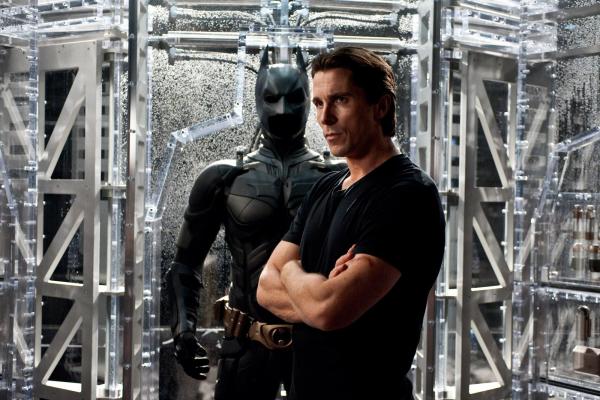In light of the tragic events which took place in Aurora, Colo., a few days ago, I feel uncomfortable providing a review of a film I was watching at the same time as the dozen souls who lost their lives in such an unfathomably awful situation. I’m sure that the emotions of excitement and anticipation that I felt in the days leading up to the film, as the previews rolled and as the opening scene of The Dark Knight Rises unfolded before my eyes, will forever be mixed with feelings of deep sadness and anger the senseless violence that descended in Colorado.
Through the lens of what happened last Friday, The Dark Knight Rises has, rightly or wrongly, taken on a new layer of meaning for me (and, I'd imagine, many other moviegoers). It is a film about the very darkest of times — when all hope seems lost, when there are no heroes — and what happens when we allow the worst of ourselves to take control.
But it is also a story about redemption. It is a tale of finding courage in the face of overwhelming adversity, in spite of overwhelming physical and spiritual suffering. Christian Bale’s Batman (and indeed his Bruce Wayne), is in some ways a more timid character, by comparison, to the Batman who saved Gotham City from The Joker's psychotic games in The Dark Knight.
Older, weaker, and yet not much wiser, in The Dark Knight Rises Batman/Wayne does not see the city that in which he has made himself a recluse, in the same way as its other citizens. We see a man out of touch with those he once had inspired, with many citizens of Gotham believing Batman to be a murderer (the ghost of Harvey Dent looms large throughout the film) or leaving him for dead.
He has nothing more to give to a Gotham where organized crime is a thing of the past, a city that no longer believes it needs a hero to protect it. Gotham, its leaders conclude, is doing just fine without "the Bat."
Read the Full Article

